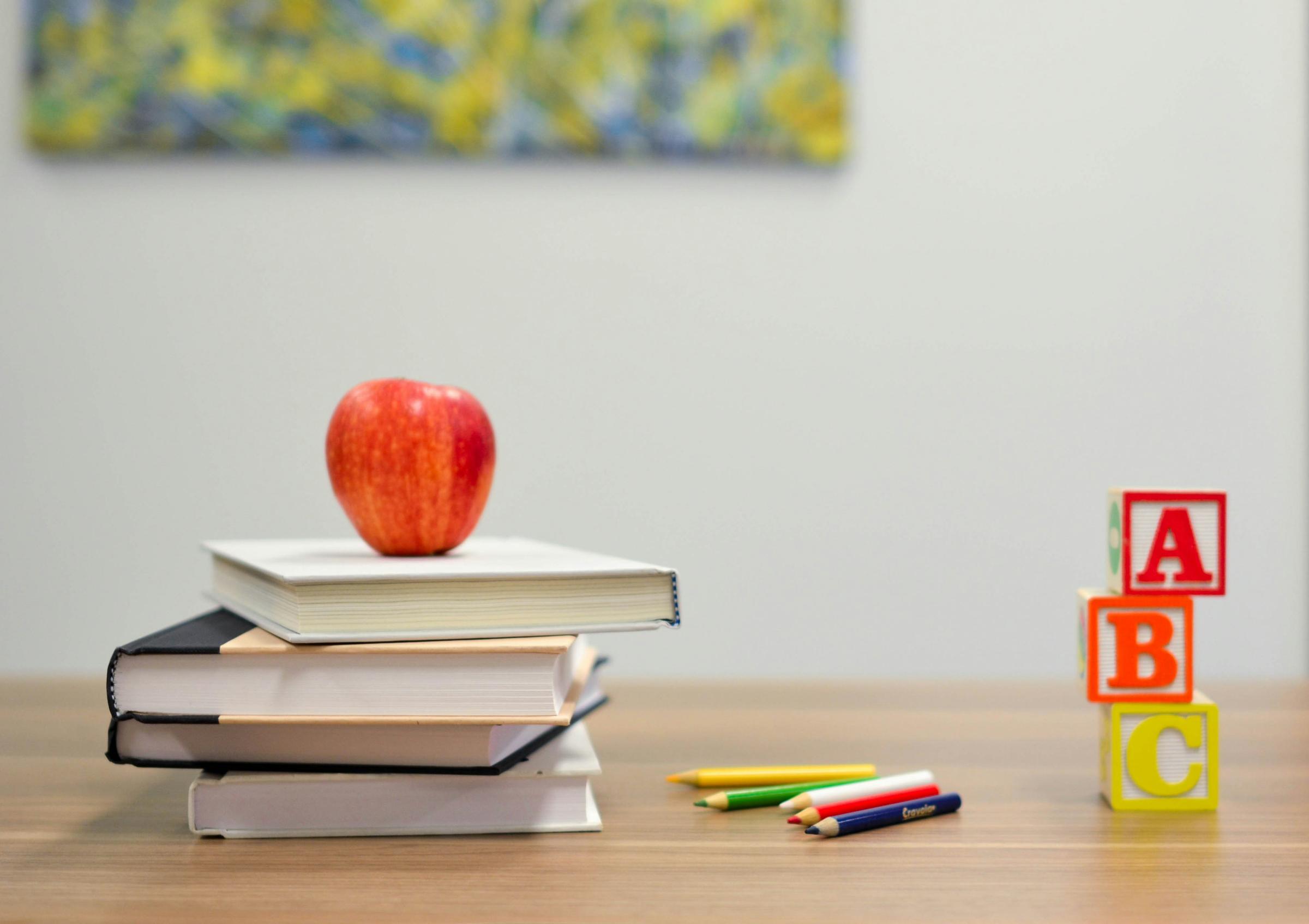Learning and Teaching
Transitioning from Primary School to Secondary School

Learning and Teaching
Transitioning from Primary School to Secondary School
Supporting students during the transition from primary to secondary school can be incredibly impactful, as this period can be both exciting and challenging for students. Parents and teachers need to help ease this transition and provide a strong support system.
Building Emotional Resilience
Focus on social-emotional learning (SEL) by engaging students in activities that help them understand and manage their emotions, set positive goals, and demonstrate empathy. Encourage them to communicate any worries about secondary school. Normalize change and let students know that it's normal to feel nervous and that others are likely feeling the same way. Mindfulness practices, including techniques such as breathing exercises or journaling can help students manage stress and build emotional resilience.
Academic Preparation
Introduce secondary-style teaching and expectations gradually by exposing students to the structure and expectations they will face in secondary school, like taking more responsibility for homework, organizing their work, and working independently. Teach study skills to equip students with essential skills, such as note-taking, time management, and organization. Encourage growth mindset and reinforce the belief that abilities can develop with effort, which can motivate them to tackle new academic challenges confidently.
Familiarization with Secondary School Environment
If possible, arrange school visits and orientation days to local secondary schools or virtual tours. This helps students familiarize themselves with the new environment and meet teachers. Introduce a secondary school-style timetable with subject transitions to mimic the experience of moving between classes. Pair students with a buddy from secondary school who can share their experiences and answer questions.
Practical Life Skills
Organizational tools can teach students how to use planners and prioritize tasks, which will be crucial as they manage multiple subjects. Transport and navigation skills are important if the secondary school requires travel, discuss navigating public transport or routes they may take. Problem-solving and independence encourages students to practice solving small problems independently, like organizing their belongings or managing a schedule, so they feel more self-sufficient.
Reflect and Celebrate Growth
Acknowledge achievements and reflect on the students' accomplishments and growth over their primary school years. Celebrate the transition by hosting a farewell or transition celebration to recognize students' time in primary school and their excitement about starting secondary school. This helps create a positive mindset about the change.
Providing students with these supports can make their transition smoother and build a foundation for success in secondary school.
Laura Leung
Learning and Teaching